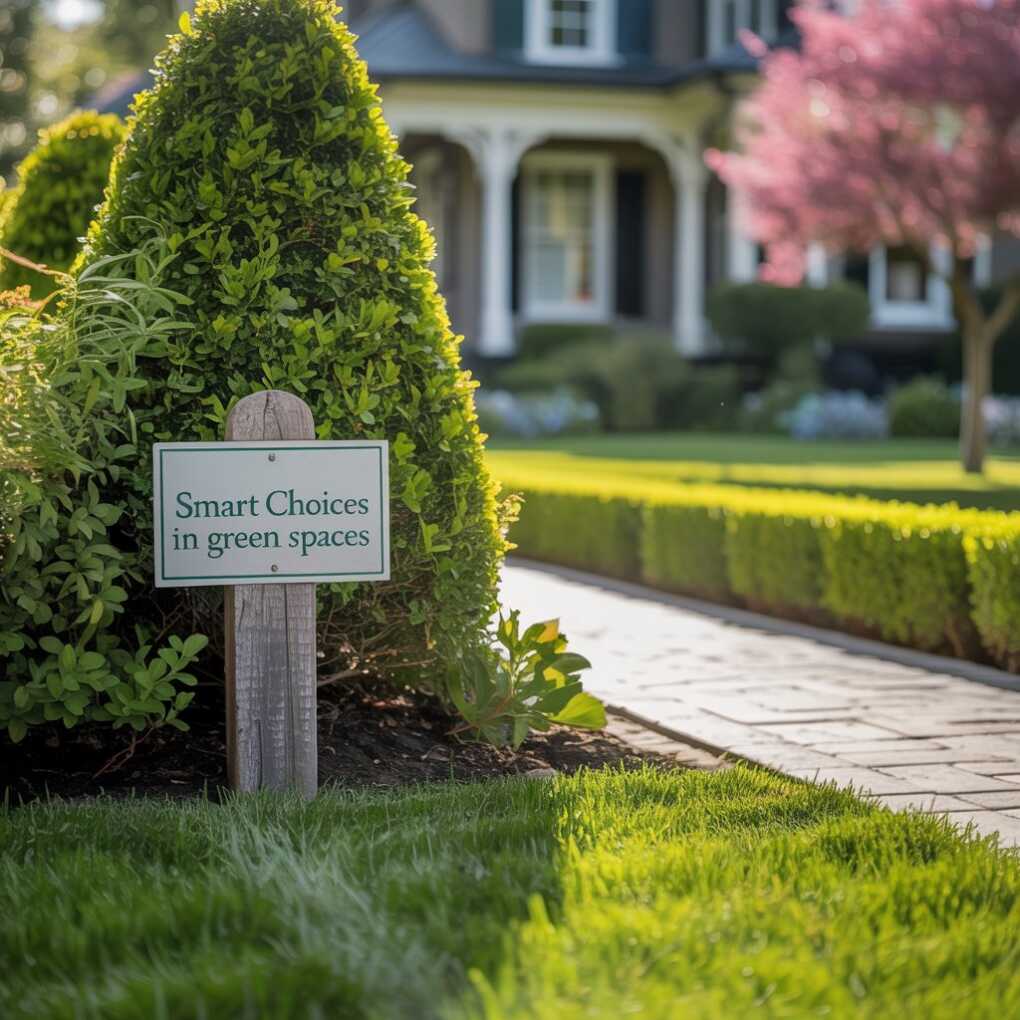A beautifully maintained yard doesn’t just happen on its own—it’s the result of vision, planning, and the right professional help. Whether you’re looking to enhance curb appeal, create an outdoor retreat, or maintain a clean and organized commercial property, hiring the right landscaping contractor can make all the difference. However, choosing someone reliable isn’t always straightforward. It requires research, observation, and asking the right questions. We will explore essential tips that help you hire a contractor who aligns with your expectations, budget, and the natural needs of your outdoor space, without relying solely on flashy portfolios or big promises.

What to Look for When Hiring a Landscaping Contractor
Check for a Clear Scope of Services
One of the first things to identify is whether the landscaping contractor offers the kind of services you need. Landscaping can range from mowing lawns and trimming hedges to designing water features, laying stone walkways, and building retaining walls. Some companies may handle only maintenance, while others may include design, planting, drainage work, and hardscaping. Before moving forward, make a list of the services your project requires. Then compare them with the contractor’s offerings.
It’s important that the contractor has demonstrable experience in similar projects and that their team is equipped with the proper tools and knowledge. This step not only ensures you’re not hiring someone for a job they can’t do well, but it also saves you time and potential miscommunication later. LandView Services | Landscaping Lehigh Valley, PA, for instance, highlights both residential and commercial landscaping work on its website, demonstrating that it can accommodate a variety of project types.
Review Portfolios and Completed Projects
A portfolio is a window into what a contractor is capable of achieving. While words and promises can sound convincing, nothing compares to visual proof. When reviewing a contractor’s past work, request to see before-and-after photos of projects similar to yours. Pay attention to design consistency, attention to detail, and the overall transformation. Do their projects reflect different styles and property sizes, or are they all alike? A diverse portfolio often indicates creative flexibility.
Additionally, request references or visit previous job sites. Former clients can offer honest insight into timelines, communication, cleanup, and long-term results. Did the landscaping still look great a year later? Portfolios should reflect not just aesthetic appeal but also functionality and sustainability. A well-built stone path that doesn’t sink or flood in heavy rain, or plants that thrive in local conditions, say far more about quality than any design brochure ever will.
Understand Licensing, Insurance, and Local Compliance
Before hiring a landscaping contractor, confirm that they are licensed and insured to operate in your area. While not all regions require licensing for landscaping work, many do, especially when construction is involved. Licensing indicates a level of legitimacy, signifying that the contractor has met certain minimum standards. Equally important is insurance, both liability and workers’ compensation. If a worker is injured on your property or if your fence or driveway is accidentally damaged, proper insurance ensures you are not held responsible.
Additionally, ask if the contractor is familiar with local regulations. This includes zoning laws, water usage restrictions, or neighborhood association rules that may limit the types of landscaping changes you can make. A contractor who works locally—like those at Landview Services—should already be familiar with these regulations and help you avoid costly mistakes or delays caused by non-compliance.
Ask About Maintenance Plans and Warranties
Landscaping isn’t a one-and-done project; it needs regular care to look its best. A good contractor will discuss not only the installation but also ongoing maintenance with you. Ask whether they offer recurring maintenance plans and what those include, such as mowing, fertilization, pest control, irrigation checks, or seasonal cleanups. This shows they’re invested in the long-term success of their work.
Additionally, ask about warranties on plants and hardscape elements. If a tree dies within a month or if pavers crack due to improper installation, will the contractor fix or replace them? Some contractors might include a plant warranty of 90 days or longer, provided you follow their care instructions. A company willing to stand behind its work adds peace of mind and demonstrates that it’s not simply focused on one-time profits, but on long-term satisfaction.
Gauge Communication and Customer Service
Good landscaping goes beyond dirt and shrubs—it depends heavily on clear, consistent communication. From your first contact with a contractor, observe how they respond. Are they timely and polite? Do they answer your questions? Do they offer suggestions without being pushy? A good contractor should be a good listener, making sure they understand your vision and expectations. Ask who your main point of contact will be and how frequently they will provide updates. For larger projects, clear communication is crucial to avoid delays, budget overruns, or design misunderstandings. It’s also useful to ask how change orders are handled if you decide mid-project to alter part of the plan. Landscaping often involves coordination between several team members, so a contractor with strong communication skills will manage timelines more effectively and make the process more pleasant overall.
Conclusion
Hiring a landscaping contractor is an investment in your property’s future, not just in terms of looks, but also function, comfort, and value. A contractor who listens to your vision, understands local requirements, offers clear timelines, and stands behind their work is far more likely to deliver satisfying results. We have explored key steps that will help you move beyond marketing claims and into meaningful comparisons. Through careful evaluation of portfolios, communication habits, licensing, and maintenance support, you can prevent costly errors and establish a long-lasting outdoor environment that aligns with your goals. Taking the time to choose wisely pays off every time you step into your transformed landscape.
